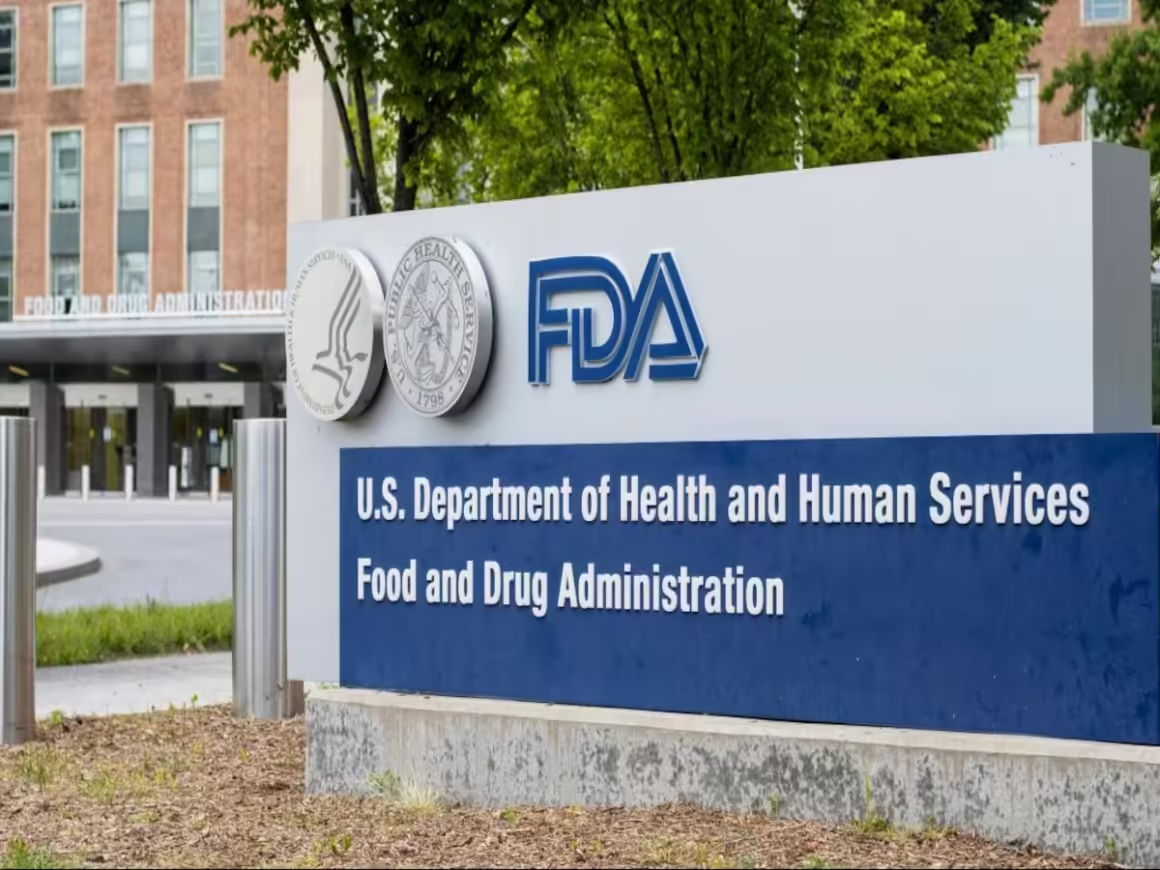In Pune, the Food and Drug Administration (FDA) has stepped in against three drug companies for violating the Drugs and Magic Remedies (Objectionable Advertisements) Act of 1954. This action comes after these companies promoted their drugs with dubious claims of curing various health issues, an act strictly forbidden by law.
The 1954 Act clearly states how drugs for certain diseases should be marketed. Officials have pointed out that advertisements related to 54 specific diseases and disorders are entirely off-limits. These companies cannot claim to cure such ailments or advertise remedies that do so.
What Happened During The Crackdown?
Recently, FDA officials found that three companies were promoting drugs claiming to cure diabetes, arthritis, and kidney problems. Consequently, the agency moved swiftly to penalize these companies and safeguard the integrity of the pharmaceutical industry.
Seizure of Potentially Harmful Medications
In a significant operation, the FDA confiscated Ayurvedic medicines worth ₹36,500 from the New Maruti Ayurved firm in Chinchwad. This action was taken under the 1954 Act due to misleading claims regarding diabetes treatment, a serious health condition that should be managed by qualified professionals.
Similarly, another company, Amit Medico from Sadashiv Peth, also faced consequences when the FDA seized Orthojoint Oil, priced at ₹5,027. This product was making false claims about curing arthritis. Such misleading advertisements can not only deceive consumers but may also put their health at severe risk.
The Need for Regulatory Compliance
The FDA’s actions underscore the critical need for compliance with advertising laws within the pharmaceutical sector. Following these regulations is vital to prevent consumers from being misled by false promises regarding drug effectiveness.
Consumers need to stay informed and cautious when buying medicines and health products. Seeking advice from healthcare professionals and relying on trustworthy information about treatments is crucial. Deceptive advertising can lead to unnecessary expenses and health dangers.
Raising public awareness about the risks of misleading drug advertisements and the importance of professional medical guidance is essential. Campaigns and regulatory actions play a pivotal role in protecting public health and encouraging responsible advertising in the pharmaceutical industry.
Furthermore, 16 sachets of Ayurvedic medicine worth ₹5,000 were seized from Mahalaxmi Ayurvedic, Pune, for making an objectionable claim about the cure of kidney stones on the label.
“The DMR Act 1954 is implemented through the FDA to prevent people from self-medication for various diseases. Medicines taken without consulting a doctor for serious illnesses can have harmful effects,” he said.
Hukare, further, said, the FDA regularly checks the labelling of medicines available in the market. If misleading claims are found, action is taken against those people.
“Advertisements on television and newspapers are also checked, and if objectionable advertisements are found, the concerned manufacturer is given a notice to stop the advertisement, and further action is initiated by the respective drug authorities,” added Hukare.

